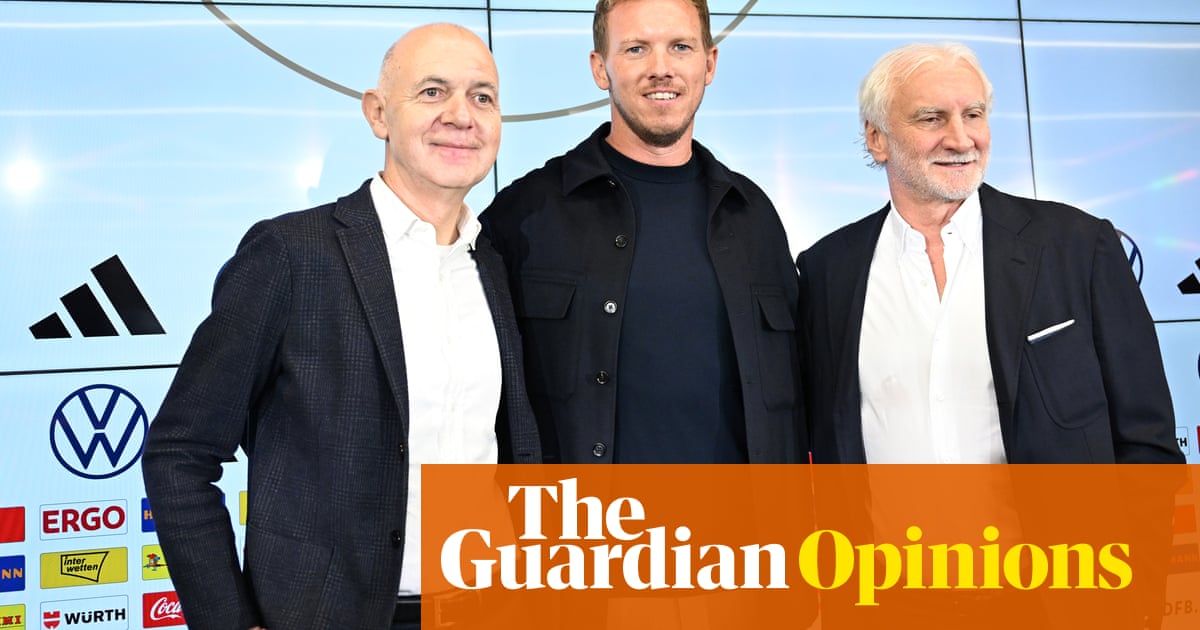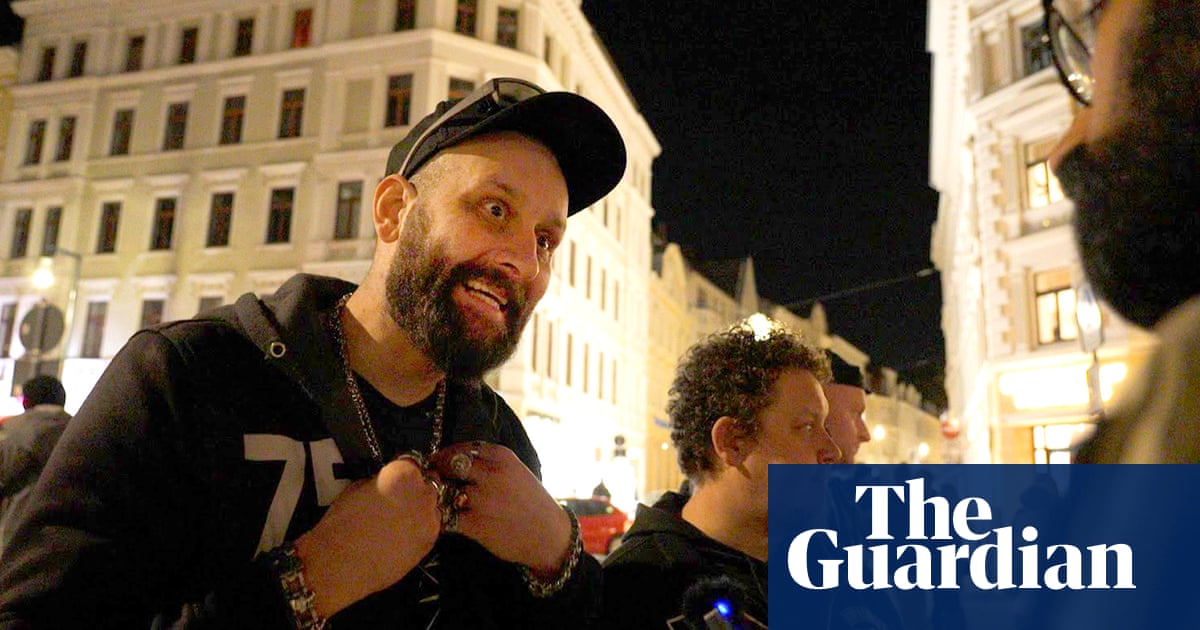
Nine months before Euro 2024, Germany had to make a fresh start. Julian Nagelsmann has been handed the task of giving the team balance, stability, hierarchy, continuity, style and a face, as well as exploiting their enormous potential. It has lacked all of that recently. There is no shortage of time. Walid Regragui showed with Morocco at the World Cup in Qatar that good leaders can get it right in a few months.
Nagelsmann was the natural candidate for the vacancy, as he had been in previous posts. That he is extraordinarily talented has been known since he, not even 30 at the time, led Hoffenheim out of the relegation zone and into the Champions League. But he has not yet proved that he can develop a top team. At Leipzig he held his own, but the gap to Bayern Munich remained the same. In Munich he gained experience at the highest level. That may help him in his current job.
The Bayern post also helped him in negotiations with the German Football Association (DFB). My home club is one of 10 from England, Spain, Germany, Italy and France that are able to pay exorbitant salaries. There, the best players and coaches earn double or triple what they did a decade ago. And whoever succeeds at one of these clubs is henceforth one of the big earners.
This is now the experience of the DFB. Hansi Flick is said to have earned €6.5m a year while in charge of Germany; Nagelsmann, meanwhile, is said to be getting €4.8m a year for doing the same job. That’s not good, that’s too much money. You can’t do anything about the economic dynamics at clubs that compete for the best players and coaches, but national associations such as the DFB should not be going along with these salary excesses. More than €2m a year is not necessary.
It starts with the fact that there are only about 10 to 15 international matches a year; at a top club, it’s three or four times that. And in between matches, a national coach is not on the pitch for four to six weeks at a time.
The DFB represents amateur clubs, the Women’s Bundesliga, referees and a good seven million members. It is responsible for organising children’s football and is in the process of modernising its forms of competition. The DFB’s primary goal is to encourage young and old to exercise. It has a social, educational mandate. As such it is important to have men and women in positions there who think ahead, like Celia Sasic, the two-time women’s European Championship winner who last year was appointed the DFB’s vice-president for equality and diversity. It is an honour to serve the DFB. Role models are required.
As always, a look at history helps. Sepp Herberger, the man who led West Germany to World Cup glory in 1954, took on teaching assignments at the DFB; there are pictures of him demonstrating the right technique on the header pendulum. Meanwhile Helmut Schön, who led West Germany to World Cup victory in 1974, led coaching courses and gave lectures at the association. Both worked for decades as football academics for the DFB and both became world champions with Germany. Nagelsmann’s contract, on the other hand, is limited to nine months; after the European Championship he will probably continue his club career.
You can’t turn back time completely. But a little “back to roots” thinking surely cannot hurt. It would also help bring football closer to the centre of society. The players can contribute to this. The best earn between €10m and €20m a year, some even more. For them, it cannot matter whether they get €100,000 in World Cup bonuses. And by giving up these bonuses, national team players would be giving something back to the country that made their careers and wealth possible in the first place.
It would also be easy for the DFB to create bonuses-parity between the sexes, something that would immediately send a strong signal to society and would be fully deserved given the successes of Germany’s women, which include getting to the final of Euro 2022. Germans recognised themselves in that side. This is what a national team, male or female, can achieve.
Germany’s men have the chance to make their compatriots proud in a similar way next year at a home tournament, a once-in-a-lifetime opportunity. The recent 2-1 win against France showed the fans are ready for that; Dortmund was the ideal place for this foretaste of a big celebration.
It is important that those at the top of German football do not see the European Championship as a stage for individual advancement but rather as a collective cause. If everyone puts “we” above “I”, the chances are that the national team can, and will, achieve something great again.
Philipp Lahm’s column was produced in partnership with Oliver Fritsch at Zeit Online, the German online magazine.












